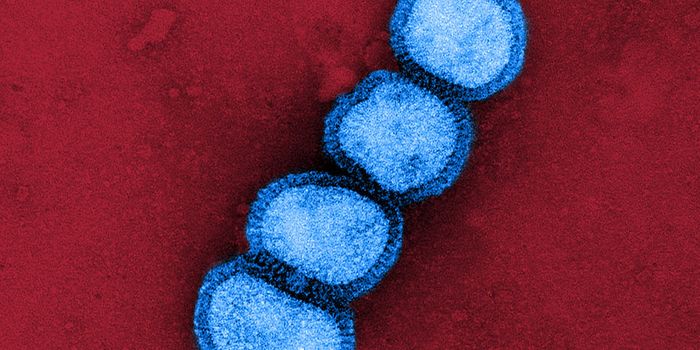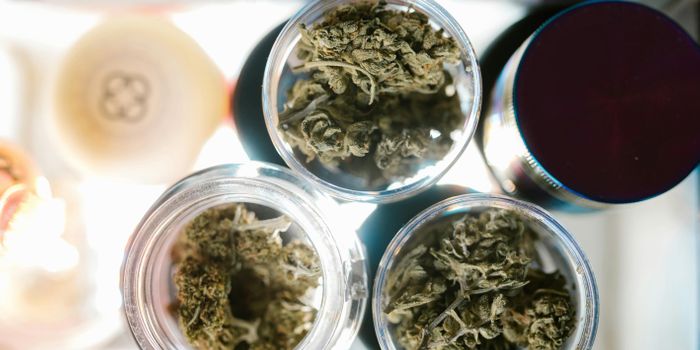Reducing Jet Fuel Emissions Using Plant-Based Fuel
Airplanes have certainly revolutionized global travel, allowing people to traverse our wide world with relative ease. But as with other forms of transportation that run on petroleum-based fuel, airplanes produce a lot of carbon emissions. In 2018, it was estimated that carbon emissions from jet planes would hit 900 million metric tons, and then triple nearly 30 years later. However, emissions could be rising faster than expected.
While the COVID-19 pandemic drastically reduced the amount of airline traffic and carbon emissions, that will only be a temporary pause. New solutions are needed now to reduce the amount of carbon emissions produced by jet planes. Researchers at the University of Georgia are investigating sustainable aviation fuel (SAF) as an emerging strategy.
Specifically, a research team led by Dr. Puneet Dwivedi, have shown that a type of mustard plant--Brassica carinata--could be used as a raw material for producing SAF. Research findings are published in GCB Bioenergy.
In addition to reducing carbon emissions by 68% compared to petroleum-based fuel, carinata-based fuel may have potential cost benefits as well. In their analysis, the research team noted that producing carinata-based SAF could range from $0.12 to $1.28 per liter; comparatively, petroleum jet fuel costs about $0.50 to produce. However, the research team also noted that proposed economic incentives (e.g., tax credits), which were put forth by the Biden administration and intended to drive production of SAF and reduce carbon-based emissions, could make the production of carinata-based fuel more affordable.
Researchers note that growing the southern United States has the optimal conditions from growing the carinata plant. The plant is relatively hearty, and can grow well in the mild winters present in the south. And because the plant doesn’t compete for space or time with other food crops--it’s grown in the “off season”--there won’t be the issue of choosing food versus fuel.
Turning the plant’s seed into an oil that can be used for SAF requires an infrastructure that is currently not present, however. Researchers note that with the right tax incentives and proper supply chain infrastructure, brassica carinata could be grown effectively in the U.S. and offer an effective raw material for SAF production that could reduce global carbon emissions in the airline industry.
Sources: Eureka Alert!; GCB Bioenergy; New York Times








